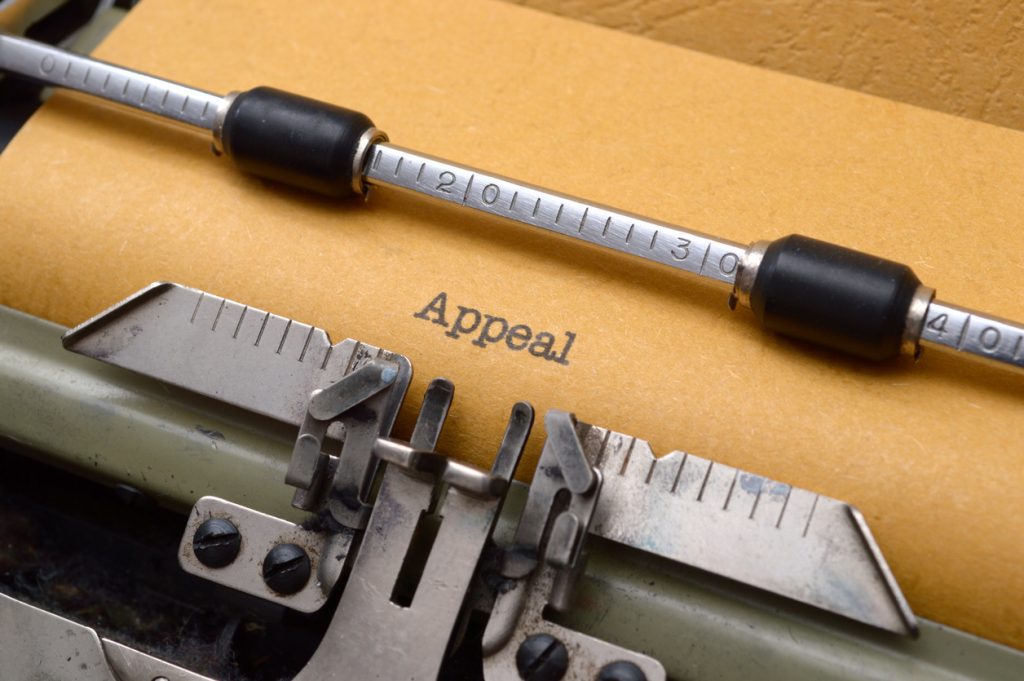During a trial, some evidence or circumstances could be erroneous. This could be a violation of constitutional rights and may be grounds for a new trial. But, some constitutional violations even though errors are not erroneous. Those are harmless constitutional errors. It means that not all constitutional violations can get you a dismissal, a new trial or an appeal. What is a constitutional error and if it is a ground for reversal of conviction depends on a few things.
What is a harmless constitutional error?
According to Rule 61 Federal Rules of Criminal Procedure, “[T]he court must disregard all errors and defects that do not affect any party’s substantial rights”. It means the constitutional errors or defects that aren’t major are harmless. Also, an error that cannot reverse the conviction even if the court corrects it, is harmless.
How do courts determine a harmless constitutional error?
On appeal, the higher court determines whether the lower court was at fault. Usually, an appellate court may reverse a conviction, if it involves an error of law. But, there is a fine line between harmful and harmless errors. Each court has its own principles but the goal is to protect the rights of the defendant and provide a fair trial.
In a famous case, Chapman v. California, (1967) the court said that federal constitutional errors can be harmless. The prosecutor must prove that the error was “harmless beyond a reasonable doubt.” It means that courts usually see two things. First, whether the error would affect the judgment. Second, did the jury based its opinion on incorrect evidence. If not, the court would disregard it as harmless. For example, if a court gives improper instructions to the jury. This is against the right to an impartial jury and fair trial of a defendant under the Sixth Amendment. But, if the appellate court believes that it was a minor error and it wouldn’t change the jury’s decision. The error is harmless and may not allow an appeal.

Do states have harmless constitutional error rules?
Yes. Some states have this rule. Its application varies in each state. Also, each state has its own constitution, too. They contain similar rights enshrined by the constitution of the United States. A violation under the constitution and the Bill of Rights. In California, Article VI, section 13 explains the harmless error rule.
In the Chapman case, the court said that “federal law governs the harmlessness of an error in a state trial.” It means that on appeal federal law has some authority in determining if an error is harmless or not. But in reality, it rarely happens.
How does the harmless error affect your right to appeal?
The Harmless error rule could impact you. It happens if the court violates your constitutional rights at trial. But it isn’t crucial. For example, in Michigan, courts violated a defendant’s constitutional rights when he was shackled. Even though significant, the state trial court declared it harmless. They also denied a new trial.
The Takeaway:
Courts may violate your or a loved ones’ constitutional rights during a trial. Those violations could have little importance. You may not be able to appeal or request a new trial. It is because of the harmless constitutional error rule. As per this rule, courts do not consider unimportant errors occurring during a trial. Knowing about this rule will help you better prepare for trial and understand how it may affect you.






